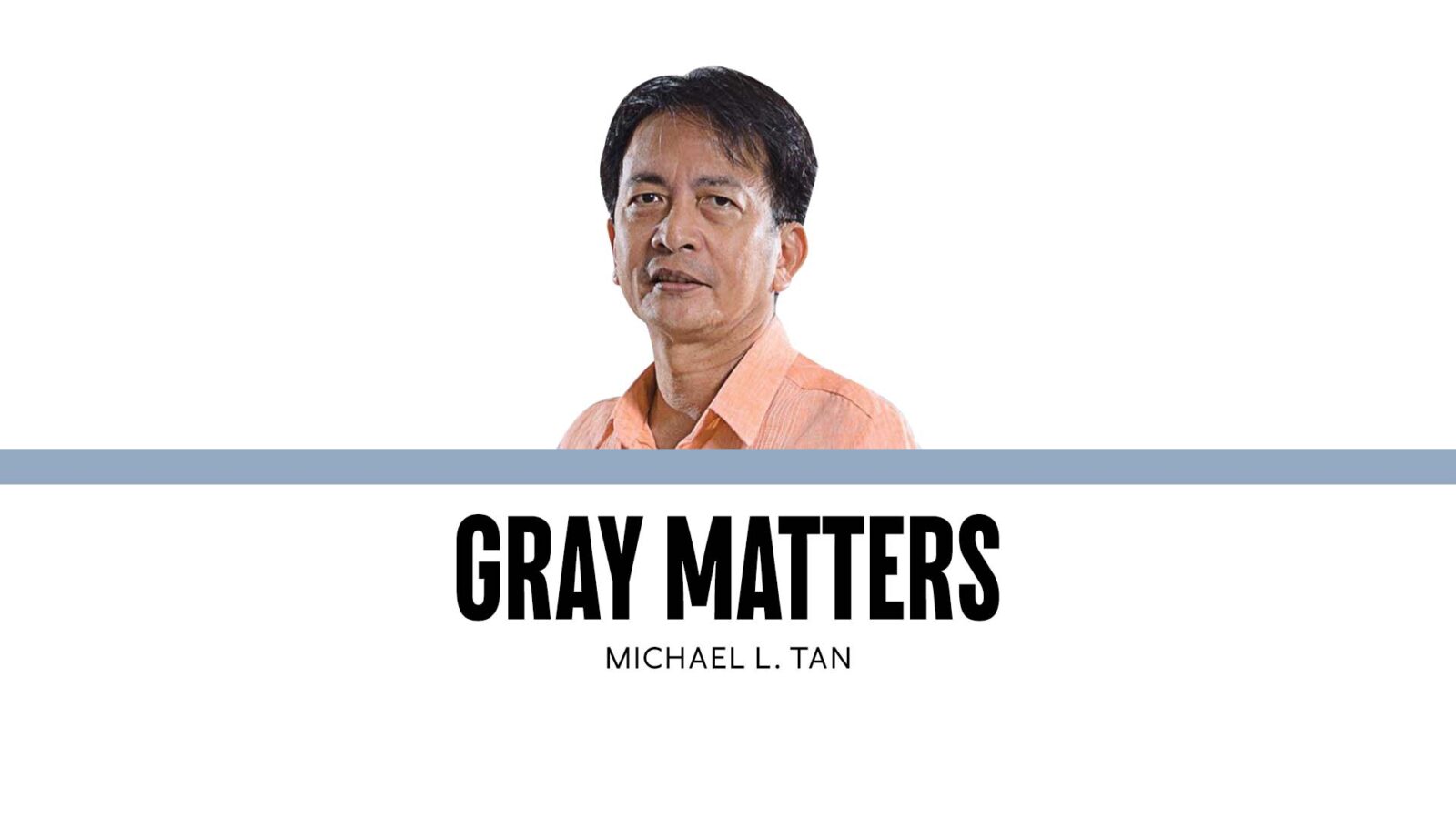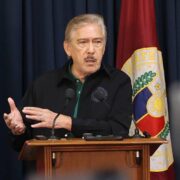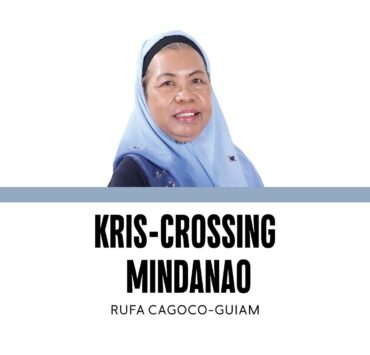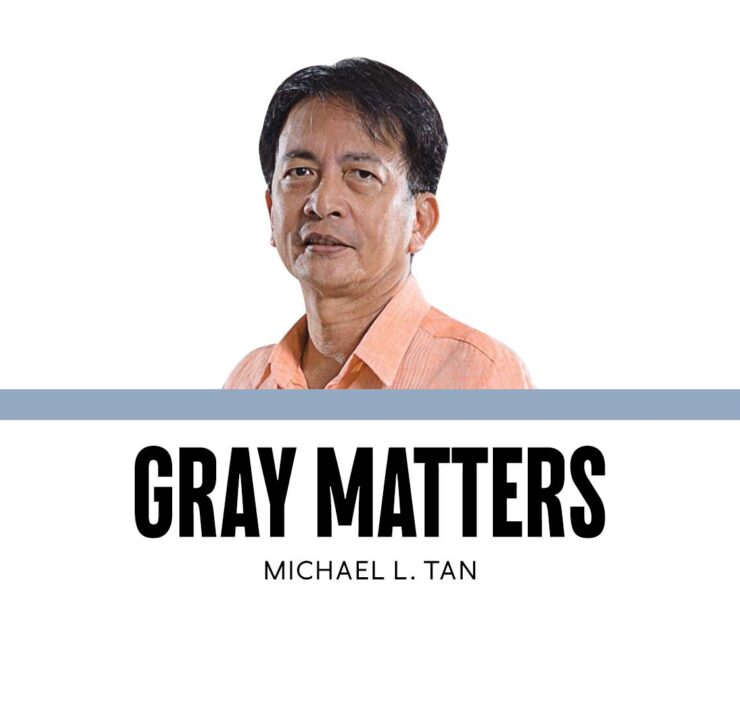Health hijacked

One of the biggest fears Filipino families have is illness, to the point that one large drug company has been reusing an ad slogan that seems to resonate: “Bawal magkasakit”—it is forbidden to get sick, a reference to the way illnesses can wipe out a family’s savings.
By and large, the reality is that families have to beg, borrow, or steal when it comes to health care.
Yet, the situation has been improving, albeit ever so slowly, through the years, through insurance-like systems. It all started with Medicare, established in 1969 by former President Ferdinand Marcos Sr., the father and namesake of the current President. Medicare was essentially a government health insurance system under the Medical Care Commission in 1971, and was replaced in 1995 by the National Health Insurance Law and PhilHealth.
PhilHealth is different from private insurance schemes, with social solidarity as its foundational principle, meaning your premiums are based on your income, and certain sectors of society may not even have to pay premiums, or may get discounted rates if they cannot afford the costs, e.g., retired people.
These “social solidarity” models are found much more in Europe and the Commonwealth countries. I’ve sat through Filipino Christmas reunions, where families debate the American pay-through-your-nose system and the nationalized neighbor, Canada, with a more socialized system.
Local debates break out, too. As a school administrator who works with both private and public institutions, I’ve seen how faculty members leave a public institution (e.g., University of the Philippines) in favor of a private school because the latter is covered by a health maintenance organization, which the public schools can’t afford. The government’s PhilHealth collects a monthly premium, which is lower than the HMO’s insurance, but has much lower benefits and many more bureaucratic hassles.
Generally, while people complain about PhilHealth, we’ve seen improvements put in place, some of them part of the international “health care for all” thrust of the World Health Organization. “Sin taxes” are the most well-known, where substantial income for the health insurance scheme is generated through taxes on “sin products,” particularly tobacco, and high-sugar beverages (i.e., soft drinks). Social solidarity again enters the picture: people who smoke have to pay additional sales taxes because when they get sick from the “sin products,” society pays for their treatment costs. The money generated can be substantial and is used not just for treatment but also for education and information.
There are laws that spell out clear terms on the allocation and use of these sin taxes, as well as the health budget in general. Implemented properly, we can have a more just and effective health financing system, and I’ve seen those gains being achieved.
Unfortunately, we’re beginning to see those gains eroded—not on the scale of the public works scandals, but nevertheless immoral, because the money is being taken from people who so badly need it, for example, the elderly, the disabled, the unemployed, and the underemployed. And the anomalies (originally a medical term, incidentally referring to anatomical defects that cause dysfunctions in the body) can be blamed on the very legislators who enact the budgets.
Here’s a summary of what’s been happening:
1. In 2024, P60 billion was diverted from PhilHealth to the national treasury to fund infrastructure projects that have nothing to do with health. This included, in 2025, a closed-door session of both houses of Congress that “enacted” a budget with a grand total of zero.
2. Congress is doubling the Medical Assistance for Financially Incapacitated Patients fund from P24 billion to P49 billion, a kind of medical ayuda (remember COVID-19?) and, like ayuda, it is controlled by local government offices. It is pork barrel at its worst, meant to build political patronage, with the “beneficiaries” grateful to the thieves for giving them assistance which, in the first place, came from taxes that citizens pay.
3. Four bills are coming close to being approved, lowering taxes on vape products and suspending mandated annual increases. This will further increase the sales of these products, even as the manufacturers claim the vapor products are not harmful.
A strong protest statement has been issued, endorsed by more than 70 medical and health groups, calling these moves “political culture, transforming public health funds into instruments of patronage.” The organizations include the Philippine Medical Association, Philippine College of Physicians, specialist groups, and associations of nurses, medical technologists, speech pathologists, and many more health professionals. Our legislators better think hard about—yes, another brewing storm.
michael.tan@inquirer.net


















